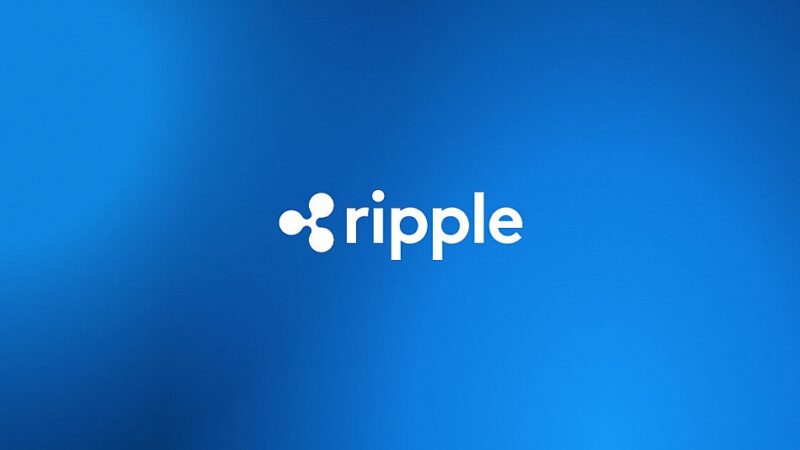US financial giants start stable coin and tokenization projects

In recent years, leading US banks and FinTech companies have increasingly shown interest in the introduction of stable coins in order to optimize cross-border payments.
Bank of America, Standard Chartered, PayPal, Revolut and Stripe are among the actors who want to enter this market. Stable coins, digital assets that are coupled to traditional currencies such as the US dollar offer cost-efficient and immediate alternative to conventional banking systems, Especially in emerging countries. Leading US banks have recognized this.
Growing competition and market opportunities
Stable coins have established themselves as a practical solution for international payments. The use of these digital currencies can make payment transactions more efficient and cheaper. Stable coins offer the advantage that transactions are processed quickly and in real time without the high fees of conventional bank transfers.
For many companies, especially in emerging countries, stable coins are an attractive alternative to traditional banking services. Market leaders such as Tether and Circle have already conquered major market share, but now large banks such as Bank of America want to take part in this competition with their own barn coins, such as CEO Brian Moynihan in an interview confirmed.
Regulatory changes and their effects
A decisive factor for the growth of the StableCoin market is the increasing regulatory clarifications that enable financial institutions to be safe in this area. In the United States and Europe, regulations develop that can determine the legal framework for stable coins and thus strengthen consumers' trust. These regulations offer the banks the necessary security to invest in the StableCoin market and could further spread the use of these digital currencies. Especially in emerging countries, the importance of stable coins continues as a means of payment, which could revolutionize international payments.
Through this development, banks and fintechs face the challenge to assert themselves in a rapidly changing market with increasing competition and new regulations.





